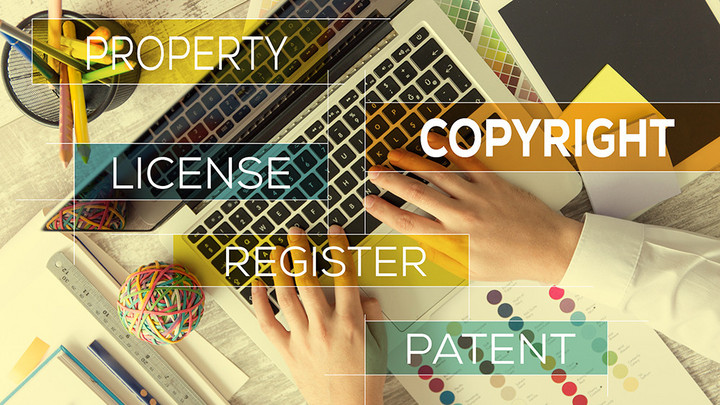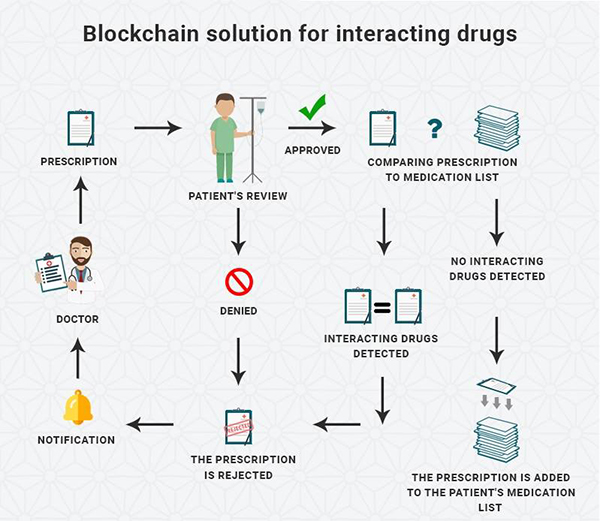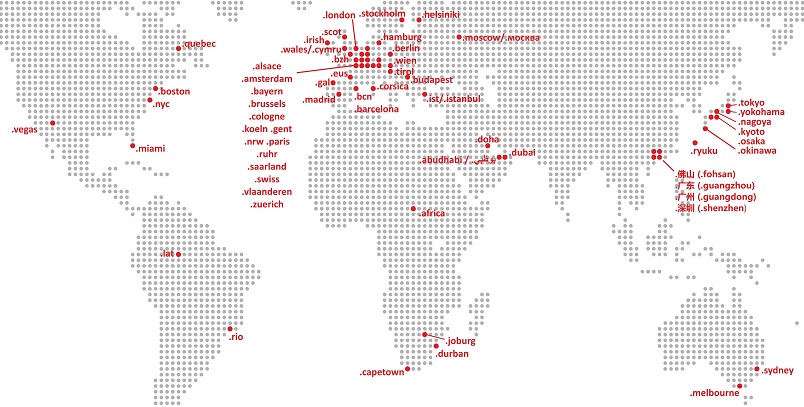Creating Trustworthy E-Government Services with Blockchain
Digitalizing government services requires the entire process of storing and handling the data of citizens to be revolutionized. Taavi Kotka, former Chief Information Officer of the Estonian Government, explains the value of e-government services to a country, and how blockchain helps to overcome the hurdles to transformation.

© relif | istockphoto.com
Watch the 7-minute video above or on YouTube, skip to the individual questions, or read the transcript below.
Questions:
- What is your vision of e-government?
- What is involved in the concept of “e-residency” developed in Estonia?
- E-government is often cited as a major driver for blockchain technology. So, how can blockchain be applied to create better services for citizens?
- Can you explain the concept behind the Estonian data embassies?
Transcript
dotmagazine: Taavi, what is your vision of e-government?
Taavi Kotka: It's not so much about what is the vision of e-government. It's more about how people will use government services. There will be competition between governments as there is with all other industries and there will be huge disruption in governments. People will start choosing which one they like more. So we'll see more and more of those virtual citizenships or e-residency type of things happening in the years coming.
Governments provide a certain ecosystem and people want to buy services from their ecosystems which are less bureaucratic, hassle-free.
For example, if you run a company, there's a huge difference if the cost of running the company is 5000 Euro per year or 1000 Euro per year. So people will start demanding cheap, efficient, hassle-free services from the governments. And the ones who are actually able to provide the service better, they will be the winners. And the ones who are not doing so great, they lag behind.
dot: What is involved in the concept of “e-residency” developed in Estonia?
Kotka: E-residency is a first attempt to compete with other countries to get the most talented people connected with our economy. So basically it's a program that lets foreign people connect location-independently with the Estonian ecosystem, using digital services and digital tools. In return we provide them with a hassle-free business environment if they want to choose that. They have to know that everything is digital – everything leaves traces. For example, if German tax and customs ask for this information from Estonia, this information will be given out to German tax and customs. So you can't cheat that system, but it will be definitely cheaper than it is actually for them in Germany at the moment.
dot: E-government is often cited as a major driver for blockchain technology. So, how can blockchain be applied to create better services for citizens?
Kotka: Blockchain solves a very important topic that has been used as an excuse by governments not to do anything. That excuse is that we have to protect the privacy and data, which is absolutely true. You have to do that. There are other technologies for how you can do that, but blockchain basically now removes that excuse. So there is a technology that is known to people, more and more everyday, and they understand that if governments would solve their data gathering and data usage in a way where everybody can see how it was used, and why, and guarantee that the privacy and data security is protected, basically, they remove the excuse. So now you can start actually doing stuff.
dot: What role does blockchain have in digital transformation as a whole?
Kotka: It definitely increases knowledge – I mean it's not about the knowledge, it is actually how you solve certain problems. For example, do you agree that if a doctor can see information, like all your medical history, he or she could treat you better? Instead of just having the information that they have about you in that particular hospital? What this means, this information needs to be pulled from other systems. You have to gather it and then you can have it as one big thing, which might be a privacy concern. So then, now it's a question, how can you solve this issue? I mean on the one hand, you want to show this information to the doctor. Another thing you want to be sure of is that nobody else is actually looking at your data.
So, Nordic countries have solved this in quite a beautiful way. But you also can solve this question using blockchain. I mean actually giving you a control over your data, that's the secret. So the blockchain gives us new ways to solve the problems that have been seen as unsolvable before.
dot: Can you explain the concept behind the Estonian data embassies?
Kotka: The simple answer is that if you can imagine a huge data center and in that data center there is an iron cage, and that that cage is full of computers. Now you imagine that that cage and those computers have diplomatic immunity so nobody can touch them. It's like Estonian soil in some other country – a physical or virtual cloud. We created the concept to have external computing power outside of our country just to be sure, from the continuity perspective, that nothing happens with our data, or that we are able to run our applications even if something happens with our physical servers in Estonia.
Taavi Kotka is an entrepreneur and was, until early 2017, CIO to the Estonian government. As the initiator of many innovative e-government projects, he has worked on the creation of data embassies, country-as-a-service, and e-residency.
In 2014, Kotka was recognized as European CIO of the Year. He is also now a special advisor to European Commission vice-president Andrus Ansip on the European Digital Single Market.
Please note: The opinions expressed in Industry Insights published by dotmagazine are the author’s own and do not reflect the view of the publisher, eco – Association of the Internet Industry.




